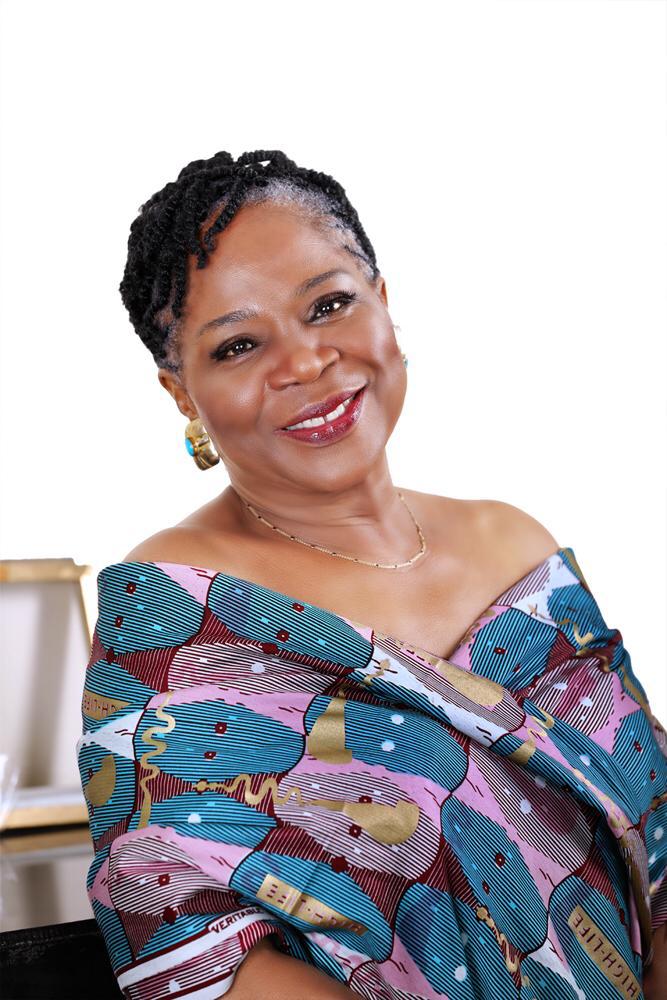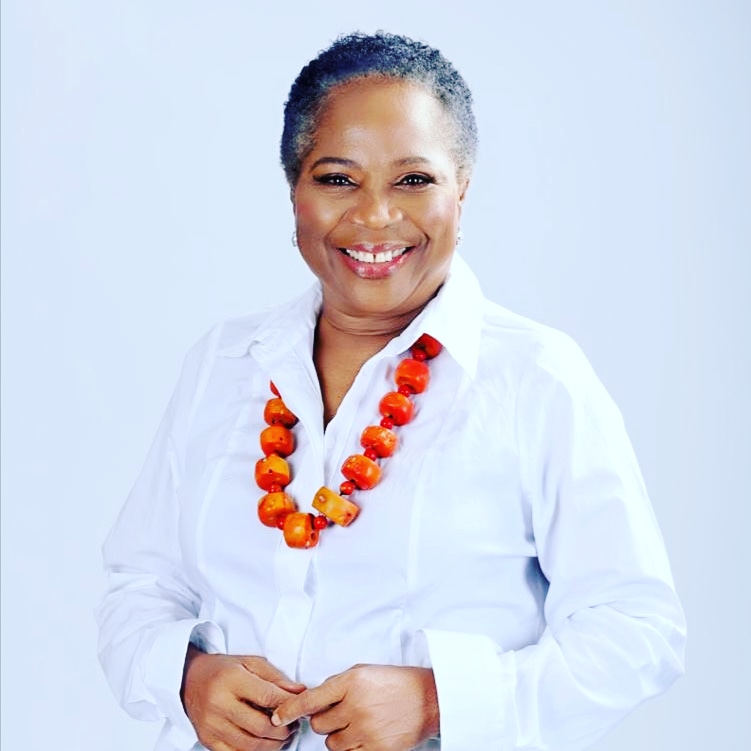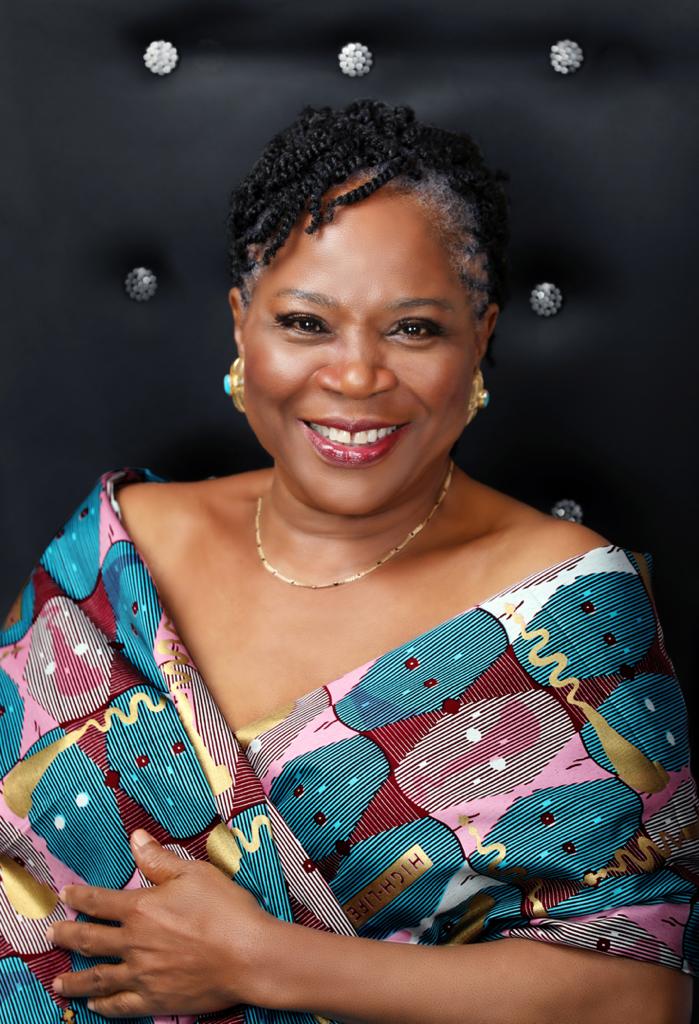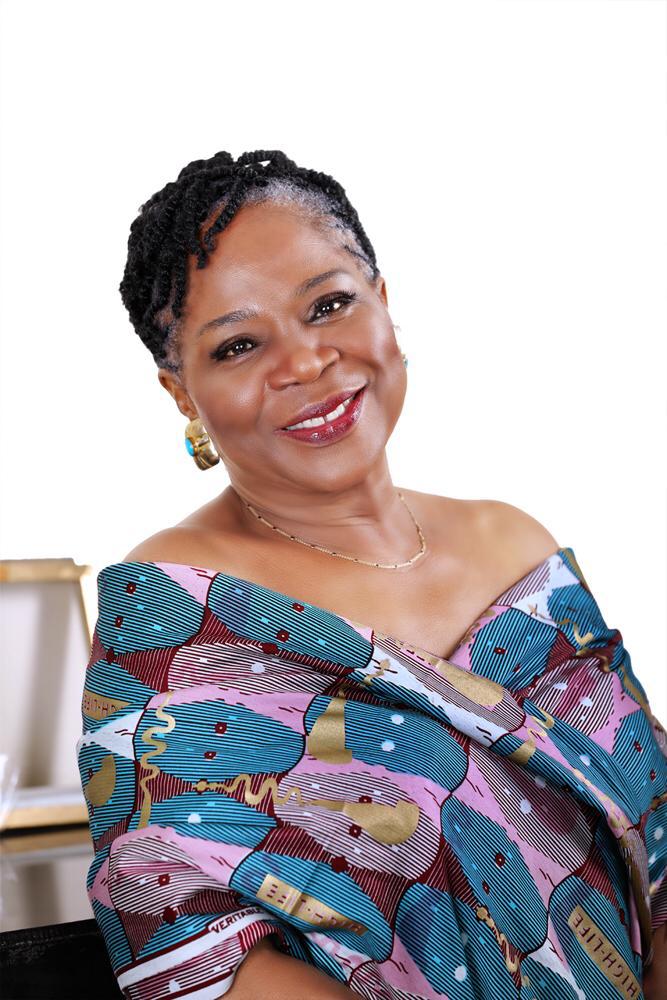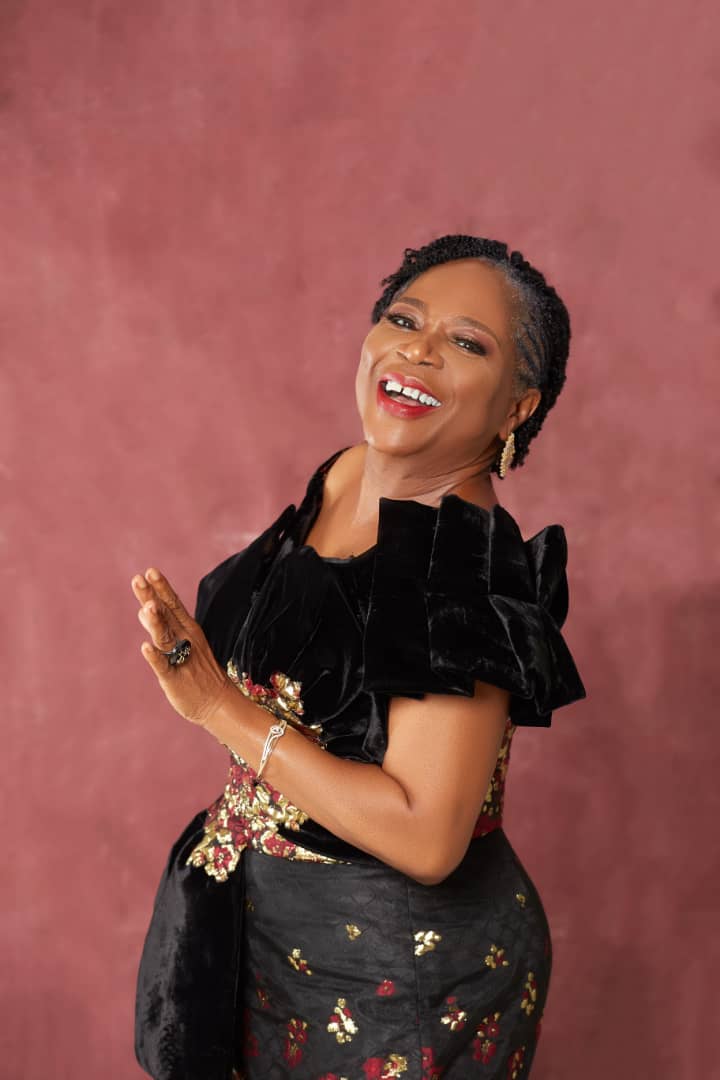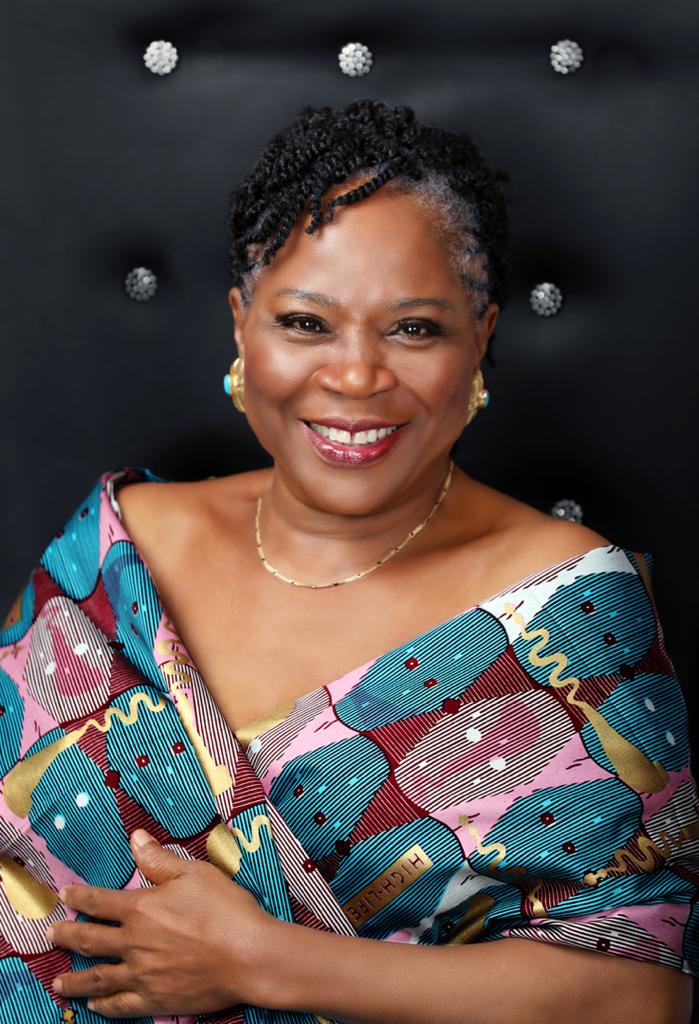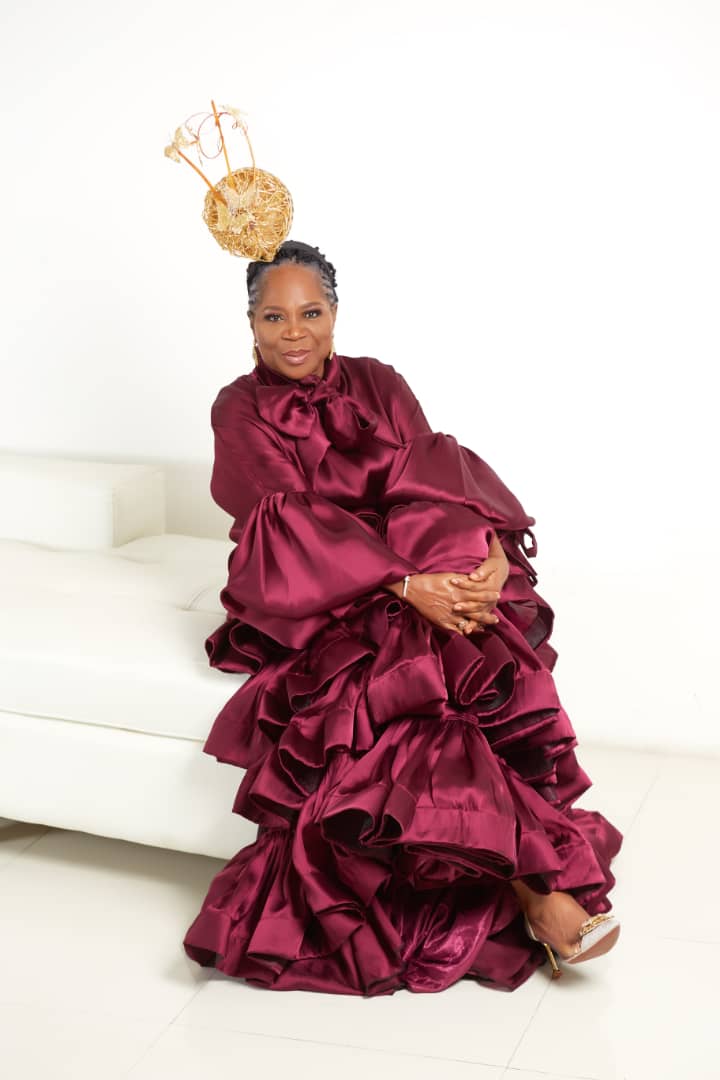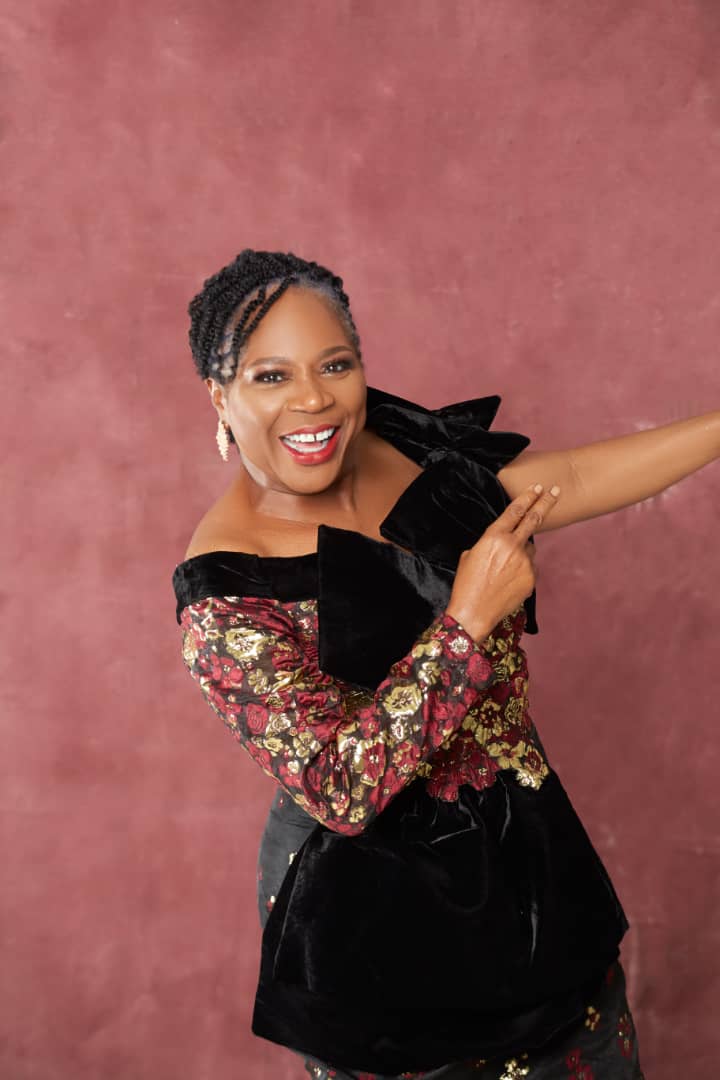Onyeka Onwenu is a singer/songwriter, actress, human rights activist, journalist, and politician. Popularly called the Elegant Stallion, she is a former chairperson of the Imo State Council for Arts and Culture, as well as former DG, National Centre For Women Development (NCWD). She has won many national and international awards in recognition of her inspirational work in many fields. At the recent launch of her autobiography, My Father’s Daughter, she describes the book as a deeply personal account of her life and everything she has ever done. She tells TOBI AWODIPE of her introduction to feminism with her mother being the first role model of a liberated woman, how Nigerian youths are giving the nation hope with the #End SARS campaign, why more women must participate in decision-making and execution to stir growth and development.
Could tell us about your childhood? How would you say it shaped you into the woman you are today?
My childhood was idyllic, filled with the extraordinary love of an indulgent father, but too short-lived. It was filled with memories of good times and strewn with life’s lessons.
You recently released your autobiography, why did you decide that the time was right?
I think that the book decided for itself when to come out. If I had my way, it would have come out two years earlier, but situations and circumstances kept delaying its completion. I stopped worrying when I realised that each break afforded me the opportunity to better the book. It ended up being a case of all things working together for good.
You’ve been involved in music, journalism, politics, and so on, did you ever feel you had to sacrifice a parts of your life to succeed at all these?
Thank you for this huge compliment. I may not have planned my life that way, except that I took on opportunities as they presented themselves and dared to believe that I could give them my best shot. There is a whole lot more to be done. I will not limit the God who works in me; I am not able, but He is. I have never sacrificed one thing for the other. Like every other woman, I am simply multitasking. I can do many things at the same time and bring them together in some sort of harmony; it comes naturally to us.
In your book, you spoke about your contact with feminism and how your father’s life influenced your decision to join politics, tell us a bit about this?
I spoke about how my mum, Hope Onwenu, a strong Igbo woman (she had to be as she was widowed twice by age 37 and raising a family on her own) was for my siblings, a veritable role model of a liberated woman. She carried herself with a sense of self-worth, determination and grace. I was taught to carry myself in a similar manner. If that is feminism, then that’s what it is.
As an activist yourself, you must have felt some stirring within you regarding the recent #EndSARS protests sweeping the nation. What would you say to the youths and government respectively?
As a mother of young men and being of an older generation, you have no idea how proud of the Nigerian youth I am. I am familiar with their angst, their frustrations, and at some point, their hopelessness. I live with them; they are my children and wards. I have gone through the pains with them, in discussions and debates, arguments, and agreements, these topics have always been part of our interactions.
Some of us of an older generation had wondered if the youths would one day shake off their apathy and take back their destiny. Then one day, seemingly out of nowhere, the youths of Nigeria woke up. In the process, they taught us some greatly needed lessons. I am writing this today, but I have spent the last two days weeping and depressed for the mowing down of our beautiful children, right in front of our eyes. I am shocked and grieved beyond measure.
I never thought that our government would, in front of the whole world, take such an unwise retroactive measure, to kill in cold blood our unarmed youths, who are legitimately demanding a better life for us all. But something has happened with the #EndSARS campaign that can never be erased. There is hope still; I feel personally vindicated. The agitation and activism one has been engaged in for so long has not been in vain. The youths will yet save Nigeria or versions of it.
Having experienced the Civil War, do you fear that we might ever go down that path again with present happenings all over the country?
I have my fears about my country and my war experience informs that fear. We would not survive another, no country ever has. The question is this: do we have enough Nigerians who care to give peace a chance by doing the right things and giving us all an equal stake in this entity we call our country? That is what we need to ask ourselves right now.
As an advocate for social change, what are some ways young women can drive this even more in Nigeria today?
Instead of devising more ways to extract more obligatory commitments from women who are overstretched and hardly supported, I would rather we enable and allow them to participate in decision-making and execution. Believe me, we would witness remarkable growth and development in Nigeria.
You mentioned in your book that you experienced workplace harassment, what would you advice women that find themselves in that position?
I cannot assume to have an answer for everything. I just stated what I did and how I coped with workplace sexual harassment then. Perhaps, they can learn something from my experience. I said a firm ‘no’ and left the environment.
x
As a seasoned TV journalist, would you say the profession is friendly to women?
I never experienced any discrimination on account of my being a female journalist.
Tell us some of the challenges you faced when you ventured into politics, are women today still faced with these issues?
The challenges I face when I ventured into politics are well documented in my book, My Father’s Daughter. I recommend it highly to everyone.
As a Nigerian music icon and entertainer, are you satisfied with the state of the industry? What can we do to improve it?
The answer to this question should be a whole interview on its own and would require more than my contribution. Suffice to say that we have no functioning institutions and no government agencies with oversight functions really working. They have allowed the ones that exist, like COSON (a copyright collective society), to run amok. No one is in charge here and it shows.
Not many people know you married a Yoruba Muslim, is this something you generally don’t talk about?
I generally do not talk about my private life, but it was necessary for the authenticity of the book; it rests there. It was never hidden, but it was not for public consumption, only on demand.
Many women are going into activism today and are at the forefront of many protests, how does this make you feel?
It is lovely to see young women not allowing themselves to be kept down by the limited expectations of society and its rules. The women are awesome and it is a delight to watch them in their strength, boldness, and purposefulness. I am proud of every one of them.
What peculiar challenges would a woman that wants to venture into the entertainment industry today face?
The problems in the industry are not peculiar to women, except that would have to deal with the added pressure of sexual harassment and lack of respect from a society that does not appreciate the achievements of women. We only care they see them as sexual objects and not much else.
What is the importance of feminism to Nigerian women?
To me, feminism is the right to be myself, to believe in my self-worth, and to do my best work. These are the convictions that have allowed me to excel in anything I have the opportunity to do. Does it make me a productive member of society? Most definitely, yes!
What last words do you want to leave with people reading this?
Hopefully, these will not be my last words but my words for now. Keep striving; God’s got your back. Soar, no matter what. You are here for a purpose. Keep trying. I love you.
Source: Guardian
